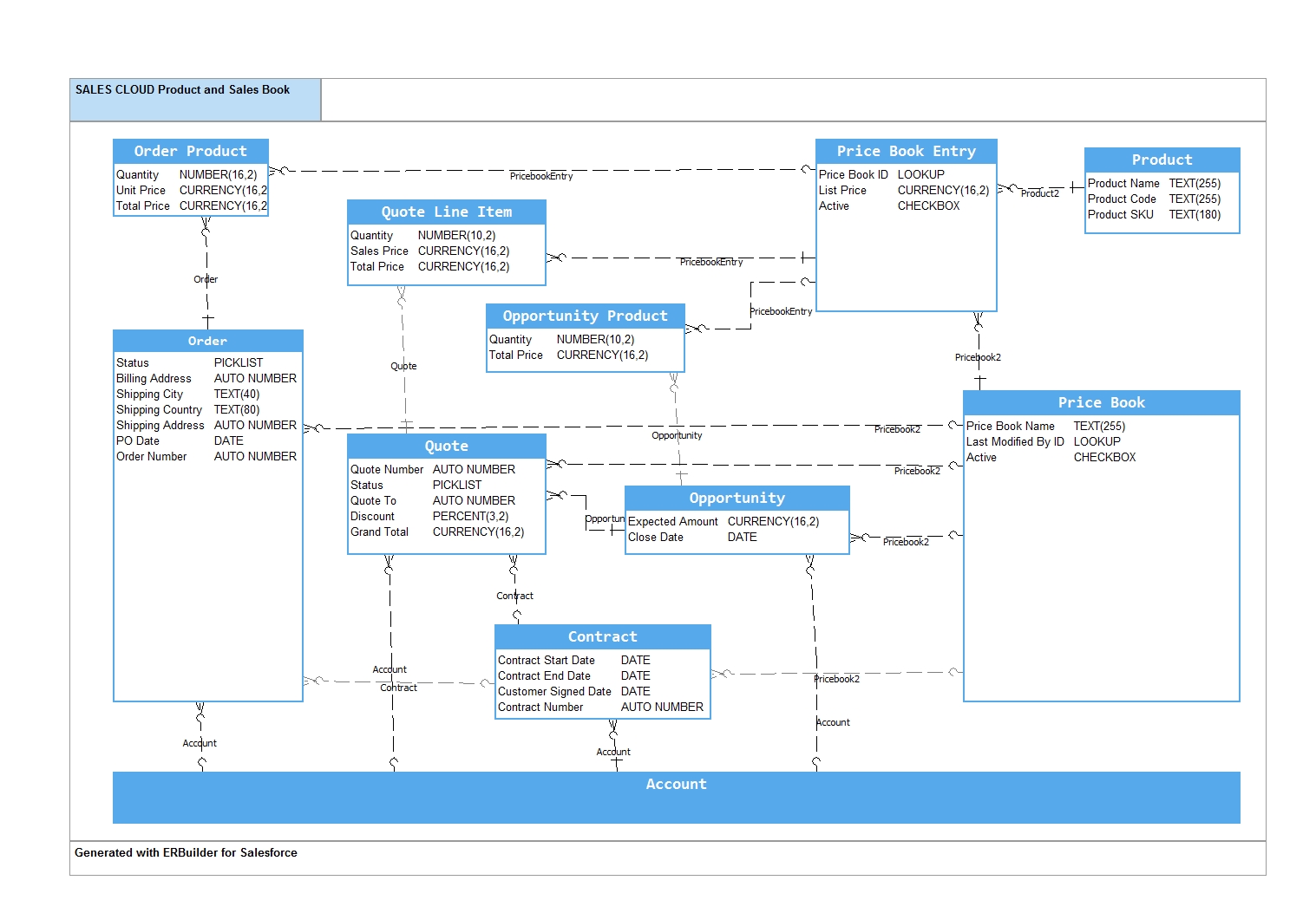Data Catalog includes data inventory of assets that are organized in an organization. It makes use of metadata that can allow companies to manage the data rightly. It helps data professionals to access, collect, manage and enrich their concerned metadata that can support Data Governance with help of data catalog software. It mainly focuses on datasets (inventory of the available data) & connects datasets with the rich information that will inform people working with data. The data catalog is defined as the complete inventory of enterprise data assets used in a company, designed in helping data experts quickly and allow them to find accurate data that can be served with the right business purposes.
Different Features Offered by Data Catalog
Data Search & Discovery – It must have searching and filtering options, which allow the users to find the right data required for several Data management. It must help the users to enter user-defined tags, information, and business terms that can help to improve search functionalities.
Capitalizing Metadata –Data catalog will help in collecting the most technical metadata from different data assets and it includes on-premise systems, object storage, and self-driving data assets.
Metadata Curation – It offers subject matter and data experts to allow knowledge in form of the enterprise tags, classifications, reviews, glossary, annotations, and more.
Automation – AI and ML technologies are used that will avoid the manual tasks on collected metadata. Moreover, with the right data, machine learning and AI will offer the right data recommendations about their users.
Advantages
The advantages of the Data Catalogs will be reflected in the quality and value of the metadata and various abilities that are unlocked. These analysts observe the top benefits of cataloging in the analysis. This offers data analysts and business visibility in their current data, content, and quality as well as usefulness.
The efficiency and quality of the analysis are improved, and the organizational analysis ability increases without an increase in the resources since data analysts do not have to spend so much time to find it, store or clean the data.
- Increased data context
- Higher data efficiency
- Higher data analysis
- Decreased error
Data management advantages of the catalog get apparent just by reflecting on the value of the metadata and various capabilities made with the comprehensive data. The highest value is seen in an impact on the data analysis actions. We are working in self-service data analytics. Even IT organizations cannot offer the data required by an ever-increasing range of people that analyze their data.
Looking at the Top Features of Data Catalog
For the companies to become autonomous with the data search, the good catalog should have certain features;
Metadata registry
The current data catalog should have a metadata registry and this must allow the users to modify various fields in the datasets & categories. It helps to organize the catalog or find data required in a fast and efficient method.
Search engine
The search engine is an amazing feature for a good data catalog. This search engine helps the users to look for or discover the metadata in the most purposeful way. The use of the keywords in their search engine actually makes this experience better.
Data discovery software
For the data explorers to look for the datasets, a good catalog should map their data. Through this data discovery function, identifies the newly collected & stored datasets or modifications to the current ones in the organization’s databases through its last inventory.
Automating the Metadata Management with help of Catalogs allows the users to understand accurate data flow over various organizations. It offers the right insights on the data movements as well as helps to improve, build, as well as monitor the systems and data consumed. Different abilities are explored based on different kinds of data catalog. There are different kinds of catalogs that are used based on the metadata and importance to their organization.
The Data Catalogs are fast being involved in systems over various industries for managing extensive data. Integrating & implementing catalogs is the first step in data governance. But, handling catalogs & data stored in them is one major concern that will be addressed over skilled professionals helping the organizations in their attempts.
Apart from that, if you are interested to know abou Ensure Effective Data Governancet then visit our Business category.



